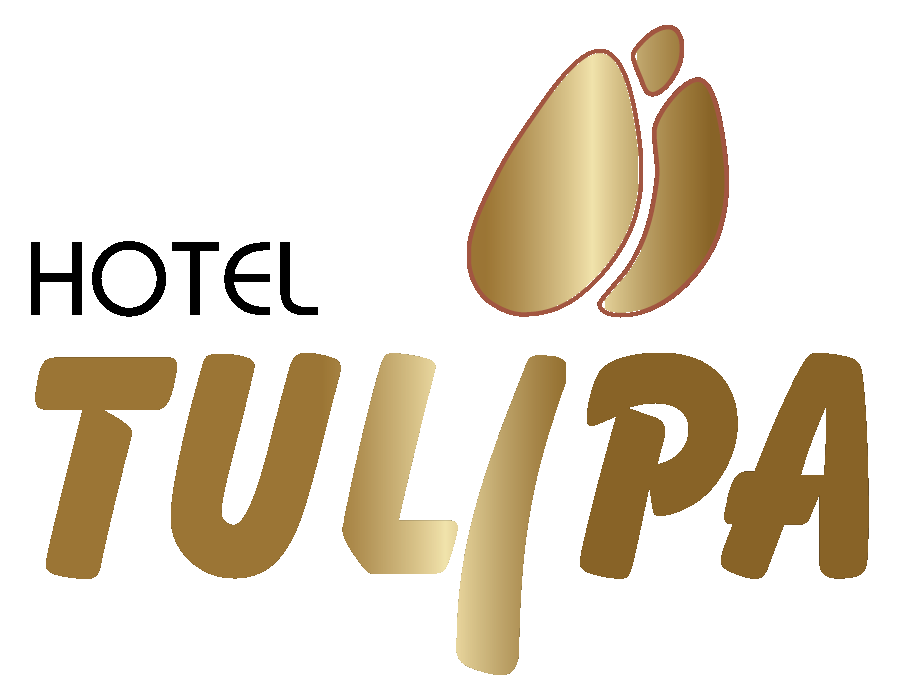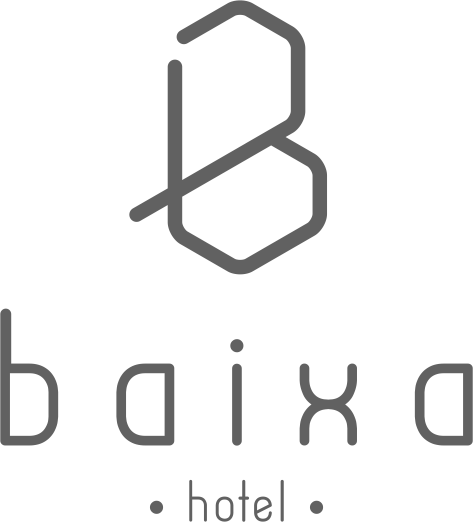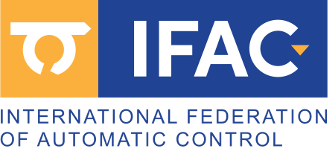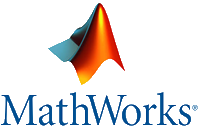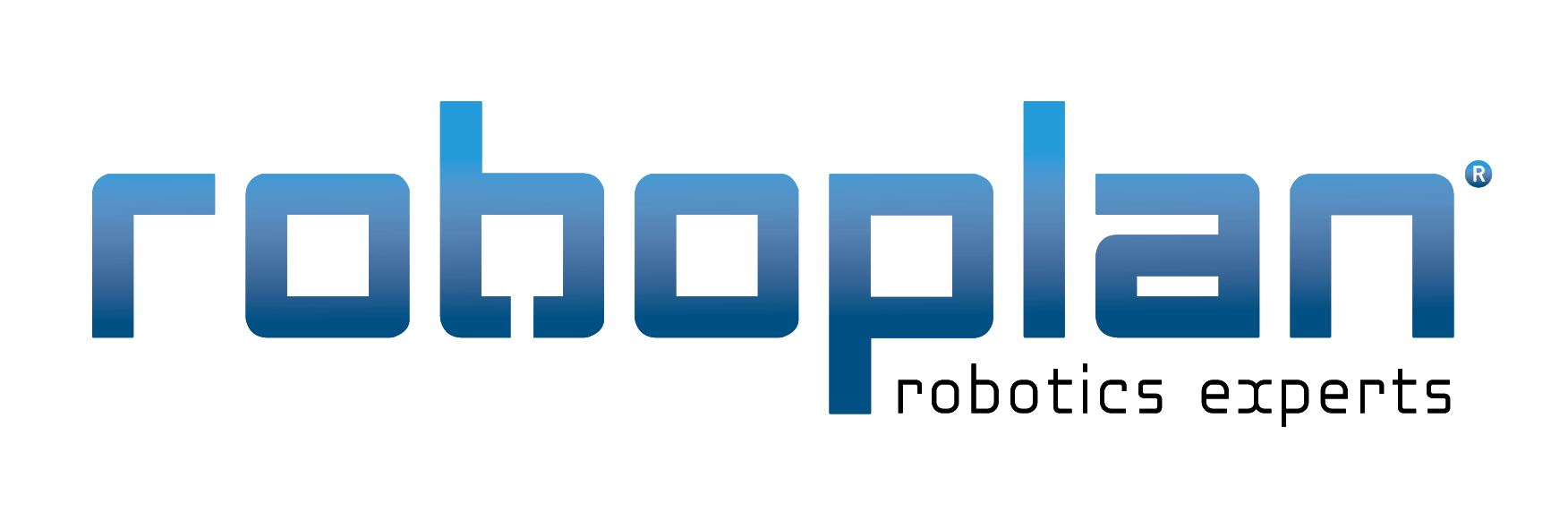Special Sessions
The following special sessions will be included in the conference structure:
Nonlinear Data - Theory & Applications
Organizers:
Knut Hüper, University Würzburg, Germany, e-mail: hueper@mathematik.uni-wuerzburg.de
Luis Machado, UTAD and ISR-Coimbra, Portugal, e-mail: lmiguel@utad.pt
Abstract:
The last decade has witnessed a considerable amount of research being devoted on how to process big and often nonlinear data. However, one often neglects the fact that a considerable portion of todays data deluge is actually mathematically highly structured, in many cases e.g. by geometric and/or algebraic constraints.
Description:
The goal of this special session is to join researchers and experts with different know-how in the field to present their results and share recent ideas, new methodologies and theoretical approaches. That is, to deal with nonlinear data exploiting a priori knowledge about its mathematical structure.
This special session is also dedicated to Professor Fátima Silva Leite, to celebrate her 70th birthday. Fatima has given important contributions to this area.
Topics:
- Calculus of variations and optimal control
- Control applications
- Dimensional and model reduction
- Interpolation and extrapolation
- Mathematical modelling
- Optimization on manifolds
- Visualization
Control Engineering and Industrial Automation Education
Organizers:
Paulo Moura Oliveira, Universidade de Trás-os-Montes e Alto Douro, email: oliveira@utad.pt
Filomena Soares, Universidade do Minho, Portugal, email: fsoares@uminho.pt
Anthony Rossiter, University of Sheffield, email: j.a.rossiter@sheffield.ac.uk
Ramón Costa-Castelló, Universitat Politècnica de Catalunya, email: ramon.costa@upc.edu
Abstract:
This Special Session goal is to join researchers, experts and practitioners working in the different areas of higher education Control Engineering and Industrial Automation. This session will promote: discussion regarding new trends, demonstration/evaluation of existing and new teaching/leaning resources, establishment of new research and development links. Considering the requirements associated with current student’s engagement with digital technologies the following question will be the theme for this special session:
How to adapt traditional control engineering teaching methodologies so students can better face tomorrow challenges?
Description:
The science and technological development rate is changing society in all aspects. Current students demand new teaching and learning methodologies. As students change, teachers must keep-up by adapting their teaching, the technologies used to teach and the type of supporting teaching/learning materials. How to motivate students for control engineer? How to stimulate student's critical thinking? How to promote students self-learning skills?
Topics:
This special session is devoted to all topics related with control engineering and industrial automation engineering and applications, including (but not limited to) the following subjects:- Arduino and Raspberry PI applications
- Artificial Intelligence in Control Engineering
- Continuing control education in industry
- E-learning and Blended-learning
- Flipped Classroom approaches
- Gamification
- Interactivity in automatic control
- Internet-based teaching/learning resources and approaches
- Mobile Learning and Educational Apps
- New courses curricula for introductory control courses
- Open-source resources
- On-line Intelligent Tutoring Systems
- PLC programming
- Problem-based learning
- Robotics in Control Education
- Virtual and remote labs
- Virtual reality based approaches
- Other innovative technological approaches
Structural Dynamics, Control and Structural Health Monitoring : Practical Applications
Organizers:
Prof. Rui Carneiro Barros, Dept Civil Engineering – Structural Division, FEUP and Member of Construct research unit at FEUP, Porto, e-mail: rcb@fe.up.pt
Abstract:
This Special Session goal is to join researchers, experts and practitioners working in the different areas of structural dynamics and control within structural engineering applications majorly of civil-mechanical-aeronautical and offshore engineering. This session will promote: discussion of new theoretical methods, new trends in the topic research and methodologies, evaluation of existing or proposed new structures under dynamic design actions and the establishment of new research and development links.
Description:
The science and technological development rate is changing engineering society in all aspects. Current structural designs tend to be concerned with more flexible structures, with higher and more frequent design generalized loads to be safely withstand up to ultimate limit states (ULS) and tighter deformation criteria to insure the usefulness of the designed structures under serviceability limit states (SLS). In the civil structural engineering case, either by longer spans and higher actions on multiple purpose function of long span bridges, or by taller buildings and tall support structures (from transmission lines, to pole structures, to even deeper offshore structures) and akin new structural engineering applications.
Topics:
This special session is devoted to all topics related with structural dynamics and control engineering applications within structural engineering, including structural health monitoring, associated with (but not limited to) the following subjects:
- Structural engineering applications and case studies
- Lifeline structures under dynamic loads of wind and earthquakes
- Risk and reliability of lifeline structures
- Hybrid solutions in control
- Open-source resources
- Matlab and Simulink resources and applications
- Structural Health Monitoring (SHM) applications
PID Control : Tuning, Design and Applications
Organizers:
Ramon Vilanova, Universitat Autònoma Barcelona, Spain, e-mail: ramon.vilanova@uab.cat
Antonio Visioli, University of Brescia, Italy, e-mail: antonio.visioli@unibs.it
Dramir Vrancic, Jožef Stefan Institute, Slovenia, e-mail: damir.vrancic@ijs.si
Abstract:
Proportional-Integral-Derivative (PID) controllers are undoubtedly the most employed controllers in industry. Even with a long history behind the PID is still atracting so much attention within the research community. The last PID conference, that took place in May 2018 in Ghent, as the sequel of PID 2000 in Terassa, Spain and PID 2012 in Brescia, Italy was a good proof of that. These meetings proved to be great successes and have given a significant impulse in research direction of PID controllers, as seen in the last decade in literature reports.
Description:
This session aim is to put together submissions on latest developments related to PID control, both in theory and practical applications. The aim is to provide an opportunity for research and scientific discussion in the field of industrial PID tuning and design as well as advanced formulations of the PID algithm such as, for example, fractional PID controllers or event-based PID formulations.
Topics:
This special session is devoted to all topics related with PID control and its industrial applications, including (but not limited to) the following subjects:
- Tuning and design of PID controller
- Alternative implementations of PID control
- Event-based PID control
- Robust PID controller
- PID control of higher order processes
- Fractional PID control
- Adaptive PID control
- Nonlinear PID control
- Optimal PID control
- Intelligent PID control
- Fuzzy PID control
- Industrial PID control applications
Control in Robotic Applications
Organizers:
António Paulo Gomes Mendes Moreira, Faculdade de Engenharia da Universidade do Porto / INESCTEC, e-mail: amoreira@fe.up.pt
Paulo José Cerqueira Gomes da Costa, Faculdade de Engenharia da Universidade do Porto / INESCTEC, e-mail: paco@fe.up.pt
Abstract:
This Special Session goal is to join researchers, experts and practitioners working in robotics (mobile robots, manipulators, etc) to discuss new trends and show new control solutions in robotic applications.
Description:
The technological solutions to apply control algorithms in robotics applications are more and more diverse with a lower price and higher computational power. This fact allow researchers and development engineers to implement complex algorithms in robotic applications with a cost effective solution. High performance robots with high speeds and accelerations and at the same time high accuracy are very difficult to implement and need complex control algorithms. Also a previous phase of modelling and simulation is mandatory before going to the real robots.
Topics:
This special session is devoted to all topics related with control applied to robotics, including (but not limited to) the following subjects:
- Dynamical models for robots
- Robotic Simulation
- Arduino, Raspberry Pi, Beaglebone and other solutions to control robots
- Autonomous Robots
- Control Architectures and Programming
- Multi-Robot control and coordination
- Performance Evaluation and Benchmarking
- Sensors and Sensor Integration for control
- Filtering and estimation in robotics
Control in Point Vortex Dynamics
Organizers:
Carlos Balsa, Instituto Politécnico de Bragança, Portugal, e-mail: balsa@ipb.pt
Sílvio Gama, Centro de Matemática da Universidade do Porto, Portugal, e-mail: smgama@fc.up.pt
Abstract:
The aim of this special session is to bring together different approaches on the control of point vortex dynamics. Some fundamental issues based on the latest theoretical and computational advances on control of point vortex dynamics will be discussed. This session will also provide an interesting opportunity to present some real-world applications of the vortex dynamics control.
Description:
Point vortex can be seen as mathematical models used to describe the dynamic of vortex-dominated flows. These models are based on a low dimensional description of the flow features. Vortex dynamics, based on point vortex models, have been employed in many science and engineering areas like geophysics, turbulence, superfluids, hydrodynamic, etc.
There is a special interest in the use of control methods applied to vortex dynamics in the fields of geophysical fluid dynamics, aeronautics and hydrodynamics. In the context of hydrodynamics, the fish-like locomotion is an application of point vortex that have received some attention in the last years. This is mostly due to the development of autonomous underwater vehicles for the collection of data concerning the multiple oceanic phenomena.
In this context different approach have been used. Direct methods discretize the problem with respect to time in order to get a non-linear programming problem that can be solved by an optimization method. Indirect methods use Pontryagin’s Maximum Principle to derive optimal conditions, where it is necessary to maximize the Hamiltonian, which can be solved by collocation or shooting methods. The main objective of this special session is to present the different advances in each of these domains.The goal of this special session is to join researchers and experts with different know-how in the field to present their results and share recent ideas, new methodologies and theoretical approaches. That is, to deal with nonlinear data exploiting a priori knowledge about its mathematical structure.
Topics:
- Point Vortex and Passive Tracer Dynamics
- Control Problem and Numerical Optimization
- Fish-Like Vehicle
- Maximum Principle of Pontryagin
- Zermelo’s Navigation Problem
Control of Smart Structures
Organizers:
Iván M Díaz, Universidad Politécnica de Madrid, Spain, e-mail: ivan.munoz@upm.es
Emiliano Pereira, Universidad de Alcalá de Henares, Spain, e-mail: emiliano.pereira@uah.es
Javier F Jiménez, Universidad Politécnica de Madrid, Spain, e-mail: jf.jimenez@upm.es
Jaime H García-Palacios, Universidad Politécnica de Madrid, Spain, e-mail: jaime.garcia.palacios@upm.es
Abstract:
This special session on vibration control of smart structures aims to gather contributions on advanced vibration control techniques applied to structural systems. The session will encourage papers dealing with the particular aspects related to control vibrations in lively and flexible civil and mechanical engineering structures and it will allow the exchange of design and implementation experiences in structural control solutions, including both mitigation and isolation solutions.
Description:
The increasing demand for taller, longer and lighter civil and mechanical engineering structures, together with the higher safety, reliability and comfort requirements are pushing the development of smart structures equipped with vibration control devices. Thus, the main objective of this special session is to gather practitioners and researchers who are interested in the field of vibration control. Special emphasis will be revealed in: (i) the proposal of innovative techniques; and (ii) the implementation of well-known techniques during the conceptual design of civil engineering structures.
Contribution on active, semi-active and hybrid control are especially welcome. Furthermore, innovative passive vibration and isolation control techniques, including active and semi-active strategies, are also of interest.
Topics:
- Vibration control of human and wind-induced vibrations
- Active vibration control
- Sensor and actuator placements
- Feedback control scheme for civil engineering structures
- Low cost-effective implementations
- Optimization procedures for vibration control
- Active and semi-active vibration isolation
- Experimental implementations
- Actuators
- Equipment for vibration control
- Damping quantification
- MIMO control
- Robust control
- Stability assessment






